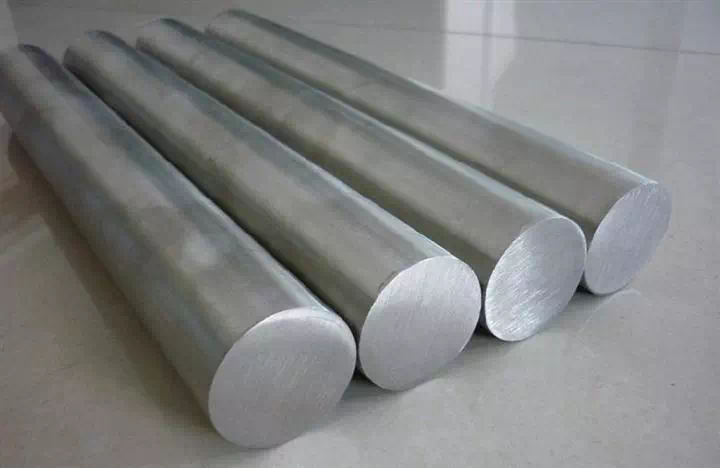Nov 20, 2023
The secret weapon of alloy steel: Analysis of the role of elements such as manganese, silicon and nickel
Alloy steel is a material made by combining carbon steel with one or more alloying elements.
Get a free quote quickly!
Nov 20, 2023
Alloy steel is a material made by combining carbon steel with one or more alloying elements.
Alloy steel is a material made by combining carbon steel with one or more alloying elements. These alloying elements include manganese, silicon, nickel, titanium, copper, chromium and aluminum. The addition of these metals can give the alloy steel some special properties that conventional carbon steel does not have.
These alloying elements are added to the alloy steel in different proportions and combinations, thus giving the material a variety of different effects. For example, they can increase the hardness of a material, improve its corrosion resistance, increase its strength, and improve its formability. In addition, the weldability will also change with the addition of different alloying elements.
Enhanced hardenability: This allows the alloy steel to reach the required hardness and strength more quickly during quenching.
Enhanced corrosion resistance: This allows the alloy steel to better resist corrosion and oxidation in harsh environments.
Maintain hardness and strength: Alloy steels typically have higher hardness and strength than regular carbon steels, making them more suitable for applications that require high strength and wear resistance.
Almost all alloy steels require heat treatment to bring out their best properties. Heat treatment can improve the hardness, strength and toughness of the material by changing the grain structure.

Chromium: Increase hardness, increase toughness and wear resistance.
Cobalt: used in manufacturing cutting tools; Improved thermal hardness.
Manganese: Increased surface hardness, increased resistance to strain, hammering and impact.
Molybdenum: Increase strength, improve impact resistance and heat resistance.
Nickel: Improve strength, toughness and corrosion resistance.
Tungsten: Increases hardness and improves grain structure, providing improved heat resistance.
Vanadium: Increases strength, toughness and impact resistance, and improves corrosion resistance.
Chromium vanadium: greatly improved tensile strength, it is strong, but easy to bend, cut.
4140: Chromium molybdenum steel, with high hardness and strength, suitable for manufacturing tools and wear parts.
4340: Nickel chromium molybdenum steel, with high strength and corrosion resistance, suitable for manufacturing aerospace and chemical equipment.
6150: Chromium vanadium steel, with high strength and wear resistance, suitable for the manufacture of automotive engine parts and construction machinery parts.
8620: HSLA-Nickel-Chromium-molybdenum steel, with high strength and formability, suitable for the manufacture of high-strength structural parts and pressure vessels.